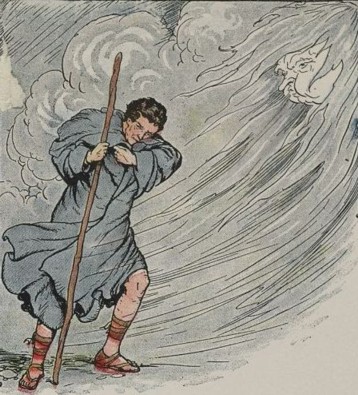The Level Playing Field
If you were successful, somebody along the line gave you some help. There was a great teacher somewhere in your life. Somebody helped to create this unbelievable American system that we have that allowed you to thrive. Somebody invested in roads and bridges. If you’ve got a business — you didn’t build that. Somebody else made that happen. The Internet didn’t get invented on its own. Government research created the Internet so that all the companies could make money off the Internet.
— Barack Obama, speaking at a July 2012 campaign appearance in Virginia. Republicans quickly jumped on his comments, taking them out of context in order to convince business owners he was insulting them and their hard work and initiative.
If anyone needed a reminder there is no such thing as a level playing field, the recent college admissions scandal ought to have brought it home. There was no surprise about wealthy parents greasing the skids to get their children into prestigious universities, and no surprise about the willingness of those institutions to bend their own rules to the breaking point in order get more money in their coffers. The admissions dance between wealthy patrons and their preferred institutions of higher learning has never been particularly secret, either, as can be seen with the admission of Jared Kushner to Harvard in 1999.

Eton schoolboys digging potatoes from an allotment allocated for wartime vegetable production on the school playing fields during the First World War. Photo by Horace Nicholls (1867-1941) archived in the Imperial War Museum. Unfortunately, times of dire emergency and full mobilization are required to get the rich and their progeny to pitch in and work like everyone else.
The way the system really works on behalf of well-off individuals and organizations is that they are made to believe a successful business or investment is all their own doing, and therefore they immodestly grab the larger portion of the profits for themselves, while unsuccessful endeavors are the fault of others, usually the workers, who need to accept blame and financial losses in the form of wage cuts or termination of employment. Privatized profits and socialized losses – that’s the American Way. Top executives sit on the boards of companies to look out for the interests of other top executives, members of what has largely been an Old Boys’ Club for as long as elites have dodged responsibility to the greater society, which is to say forever.
An excerpt from the “Dumb Americans” section of George Carlin’s 2005 Life Is Worth Losing performance. Warning: foul language.
If the minimum wage had kept pace with Wall Street bonuses – not pay, but bonuses only – over the past generation, it would stand at $33 an hour today. The people on Wall Street do provide the necessary economic service of concentrating investment capital, but that service is not as vital nor the work as important as portrayed in the 1980s television advertisements for the investment firm Smith Barney, in which the actor and producer John Houseman pompously announced “They make money the old-fashioned way. They earn it.” Hogwash! And it has only gotten deeper since the 1980s, to the point we’re all drowning in it, and Wall Street investors would have everyone believe they are the driving force of the economy, not the workers who actually produce useful things. Better education is needed, starting with teaching that rich does not necessarily equate with deserving, and that money is not a measure of worth beyond its contribution to the common good.
— Ed. 

